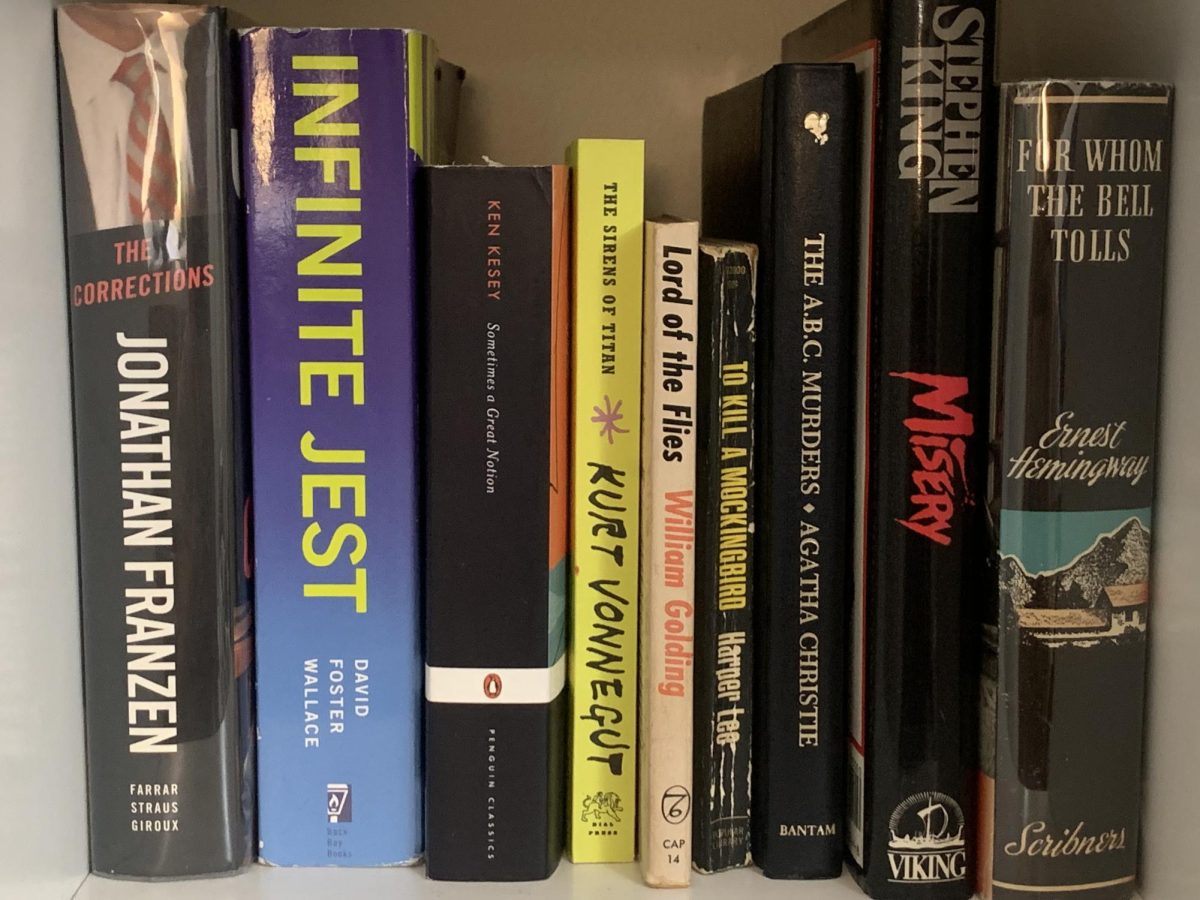The Poet X by Elizabeth Acevedo is a great work of literature. The story follows Xiomara, an Afro-Latina sixteen-year-old finding her voice through poetry. In the lyric novel, Acevedo writes about Xiomara’s life, showcases her hidden aspirations, conflict with her mother, and self growth to demonstrate the female experience in America today.
Xiomara’s character has been objectified for her entire life. The majority of society sees her solely for her body. This causes her to develop a hard shell in order to protect herself from men who constantly sexualize her. But under this tough exterior, Xiomara is defeated. She longs for connection, for someone to hear her. To see her brilliant mind, her interests, to see her.
This experience is not uncommon today. Black and white women alike are undermined –silenced by those who do not want to hear their perspectives. Like Xiomara, these women yearn to share their voice with the world, no matter what may be stopping them.
In Xiomara’s case, Mami is the one who stops Xiomara from her aspirations. Mami is heavily religious, and her trauma causes her to force Catholicism on Xiomara. Despite Xiomara’s religious questioning, Mami signs her up for confirmation classes. She wants Xio to devote herself fully to the church, becoming the pure, perfect daughter she has always wanted. Xiomara cannot meet these expectations. Mami also does not realize the abuse she is enacting on Xiomara. From when she first gets her period, and Mami slaps her for using a tampon, to Xio being forced to kneel on rice and pray after kissing Aman, to the penultimate scene when Mami burns Xiomara’s journal of poems. Like many abusive mothers, Mami does not realize what this cycle of abuse is doing to her daughter, and why Xio resents her. Xiomara, like many women, experiences generational trauma—through Catholic schooling, the church, and her mother’s abuse. This causes her to be swayed against religion—her bad experiences souring her desire for faith.
The book burning scene is the climax of The Poet X, and showcases the growth of both Xiomara and Mami. Xiomara learns how to fight back against her mother, using her writing to show Mami that she deserves to be heard rather than silenced. Her self esteem, confidence, and writing develops to let her finally stand up to her mother. Mami also grows, as she realizes the damage she has inflicted onto her mother. This growth leads them to a better understanding and a relationship that, although not perfect, is improved. Many women face troubled parental relationships, leading them to acquire low self-esteem and therefore a lower self value. The Poet X shows young women that their voices deserve to be heard, and that people can change and grow from their mistakes.
Xiomara’s story is relatable to many. Her struggle to find her voice under the oppression of her mother and society demonstrates the aspiration and conflict of the human condition. Her growth in self esteem and confidence is a message for all women to be persistent. Keep moving forward, and do not give up until your voice is heard.













